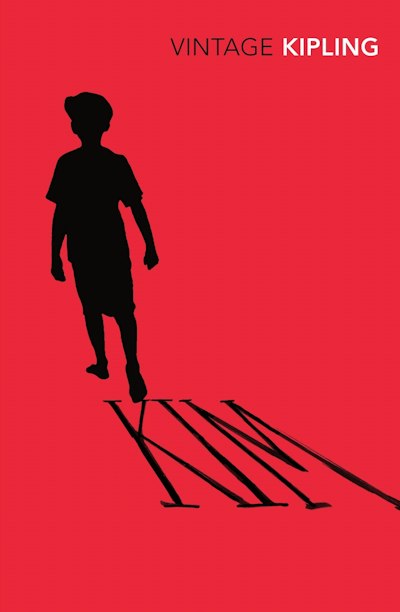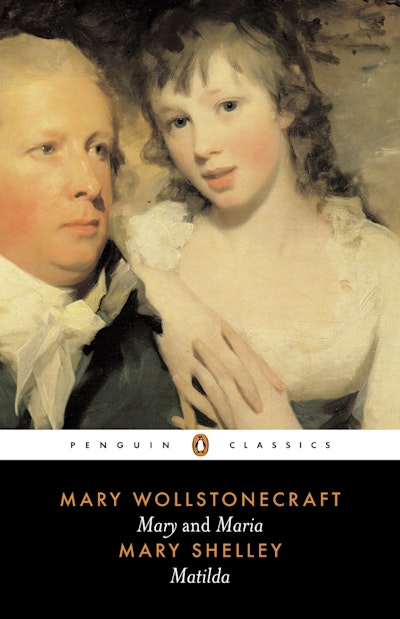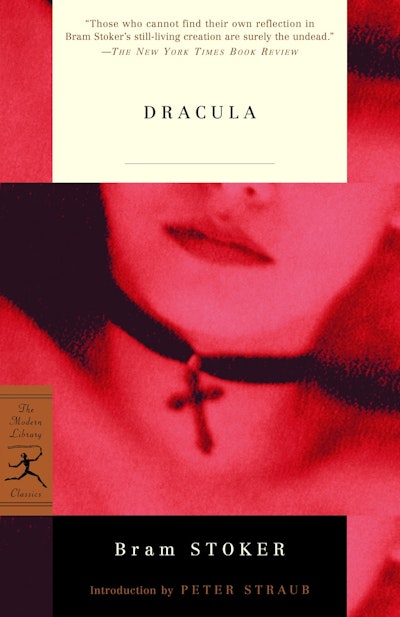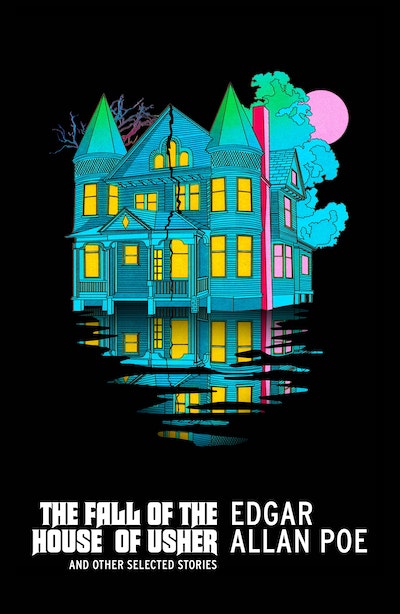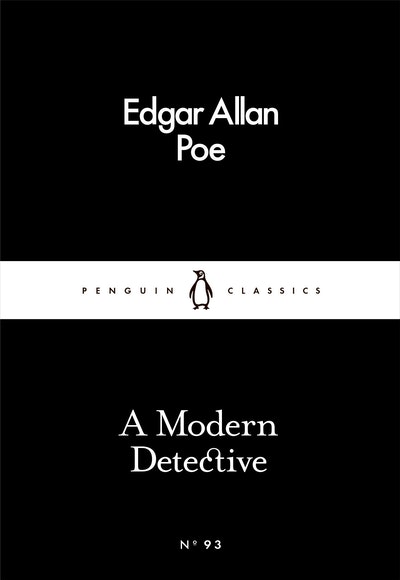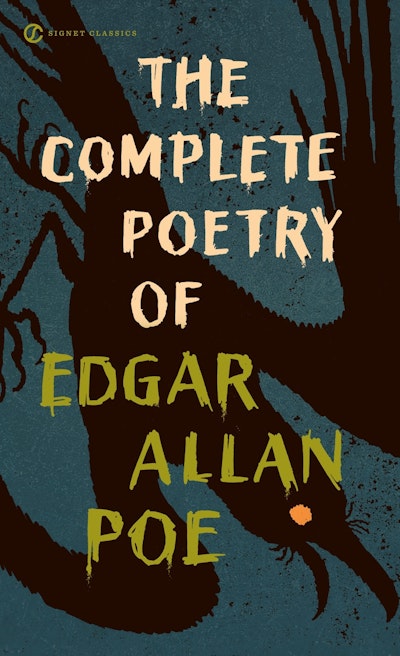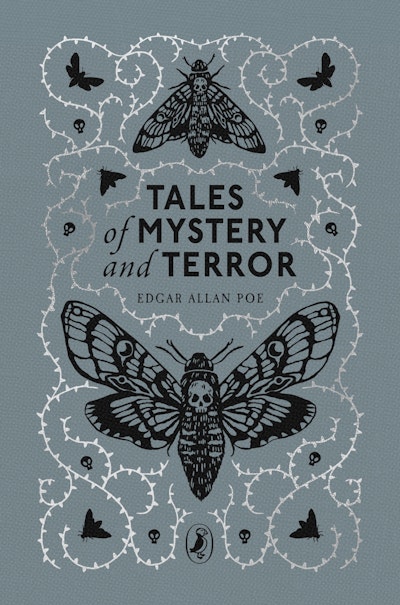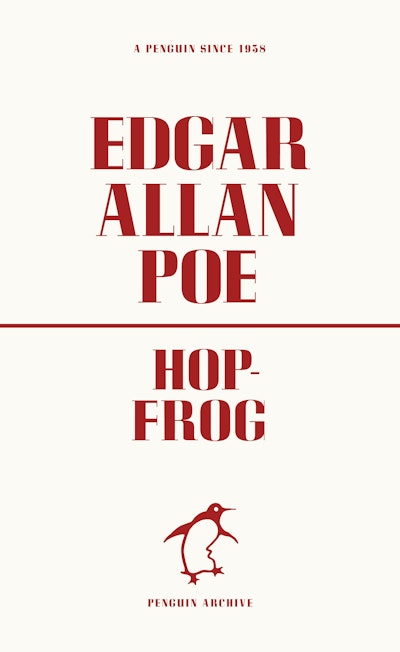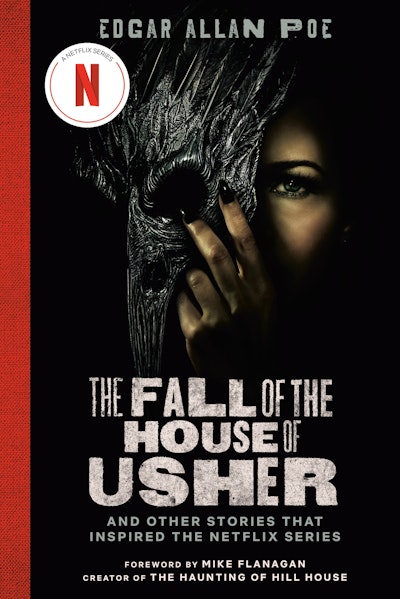- Published: 14 November 2011
- ISBN: 9780141194424
- Imprint: Penguin Classics
- Format: Paperback
- Pages: 282
- RRP: $24.99
The New Penguin Book Of American Short Stories, From Washington Irving To Lydia Davis
The short story is one of the most varied and exciting genres in American literature. This collection brings together many of its finest examples from the early nineteenth century to the present. It contains a richly diverse cast of characters, including convicts, artists, farm labourers, slaves, soldiers and salesmen, witches and ghosts, families and lovers. Their stories are told by some of America's most celebrated writers (Nathaniel Hawthorne, Edith Wharton, Raymond Carver) and a few, like Fanny Fern or Charles W. Chestnutt, who may be less familiar. The collection offers a stimulating combination of acknowledged classics, including Mark Twain's hilarious 'Jim Smiley's Jumping Frog' and Edgar Allan Poe's chilling 'The Tell-Tale Heart', and some remarkable pieces that deserve a wider audience, such as Ernest Hemingway's story of miscommunication, 'Out of Season', or Lorrie Moore's tale of modern love and wit, 'Starving Again'.
Kasia Boddy's introduction traces the history of the American short story and explores the changes and continuities in its forms and preoccupations. This edition also contains a chronology, explanatory and biographical notes and suggestions for further reading.
Table of contents
Washington Irving - The Little Man in Black (1807)
Nathaniel Hawthorne - Young Goodman Brown (1835)
Edgar Allan Poe - The Tell-Tale Heart (1843)
Fanny Fern - Aunt Hetty on Matrimony (1851)
Mark Twain - Jim Smiley and His Jumping Frog (1865)
Joel Chandler Harris - The Tar Baby Story (1880)
Mary Wilkins Freeman - Two Friends (1887)
Charles W. Chesnutt - The Wife of his Youth (1898)
Henry James - The Real Right Thing (1899)
Stephen Crane - An Episode of War (1899)
O. Henry - Hearts and Hands (1903)
Sherwood Anderson - The Untold Lie (1917)
Ernest HemingwayOut of Season (1923)
Edith Wharton - Atrophy (1927)
Dorothy Parker - New York to Detroit (1928)
Eudora Welty - The Whistle (1938)
William Faulkner - Barn Burning (1939)
F. Scott Fitzgerald - The Lost Decade (1939)
Zora Neale Hurston - Now You Cookin' with Gas (1942)
Bernard Malamud - The First Seven Years (1950)
Flannery O'Connor - A Late Encounter with the Enemy (1953)
John Updike - Sunday Teasing (1956)
John Cheever - Reunion (1962)
Grace Paley - Wants (1971)
Alice Walker - The Flowers (1973)
Donald Barthelme - I Bought a Little City (1974)
Raymond Carver - Collectors (1975)
Richard Ford - Communist (1985)
Lorrie Moore - Starving Again (1990)
Jhumpa Lahiri - The Third and Final Continent (1999)
Lydia Davis - The Caterpillar (2006)
- Published: 14 November 2011
- ISBN: 9780141194424
- Imprint: Penguin Classics
- Format: Paperback
- Pages: 282
- RRP: $24.99



























































































































































































































































































































































































































